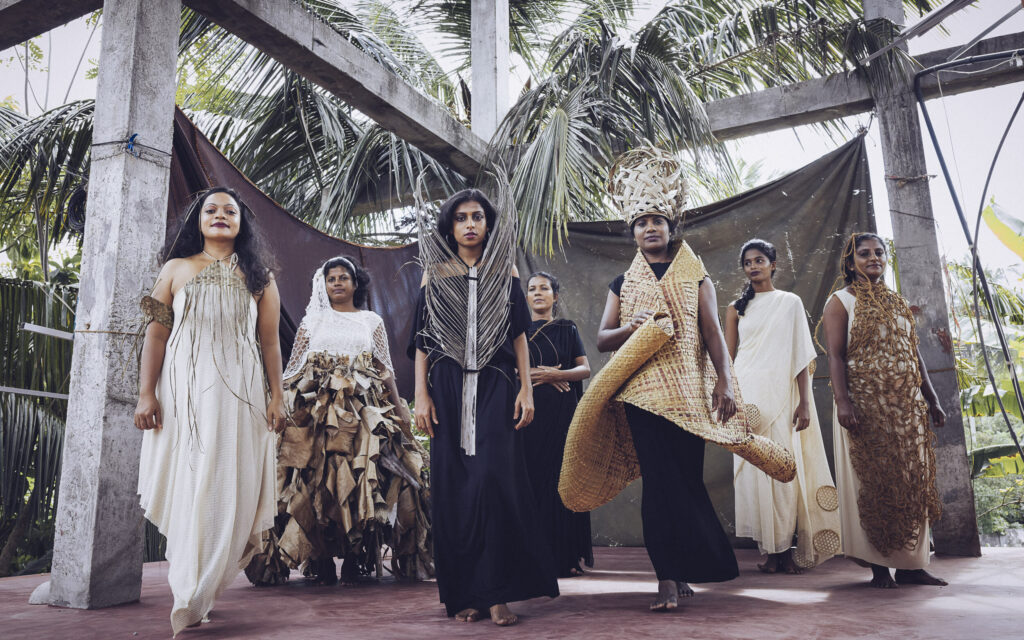
Marija M. Kanižaj
A new awareness of fashion: ODROWĄŻ transforms clothing into a message
ODROWĄŻ is more than just a fashion label - it is a declaration of love for nature and the culture of clothing. Instead of plastic and mass production, Bettina Reichl's fashion label focuses on natural materials, craftsmanship and a deep sense of responsibility towards the environment. In doing so, she brings a new perspective to the fashion world that is in harmony with the needs of the planet.
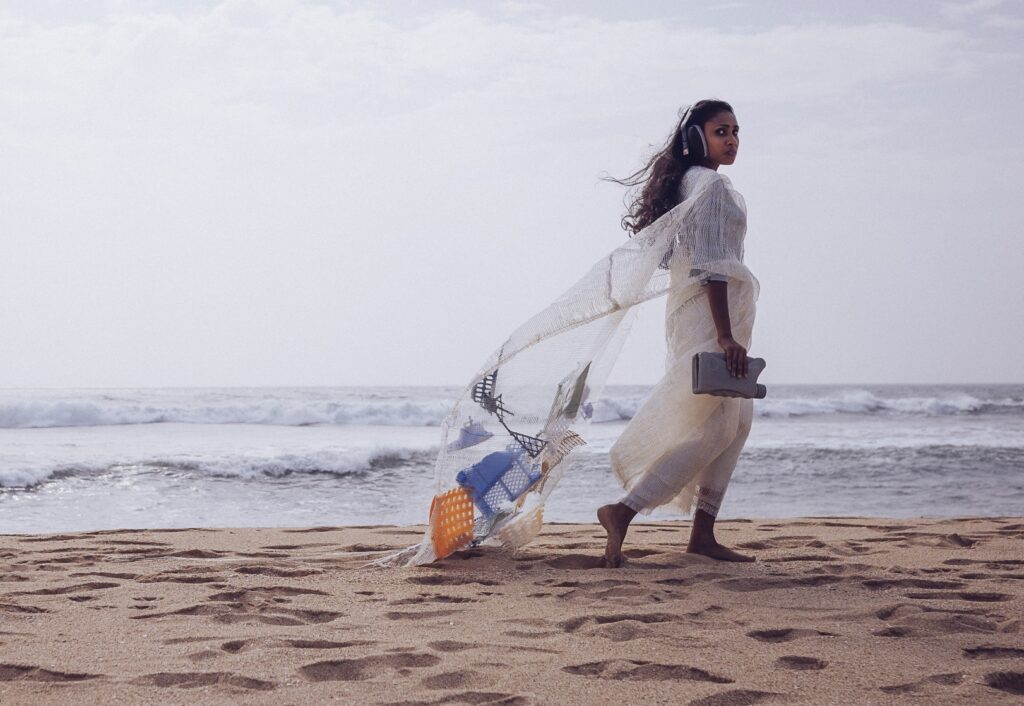
Waste to dress Sri Lanka © Marija M. Kanižaj
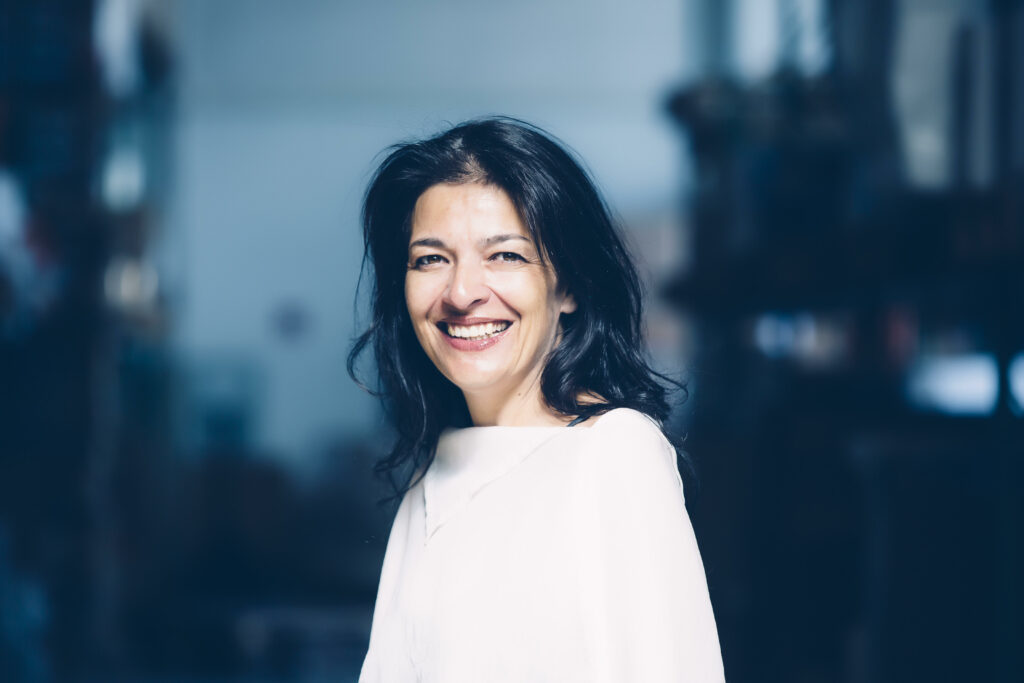
Bettina Reichl © Marija M. Kanižaj
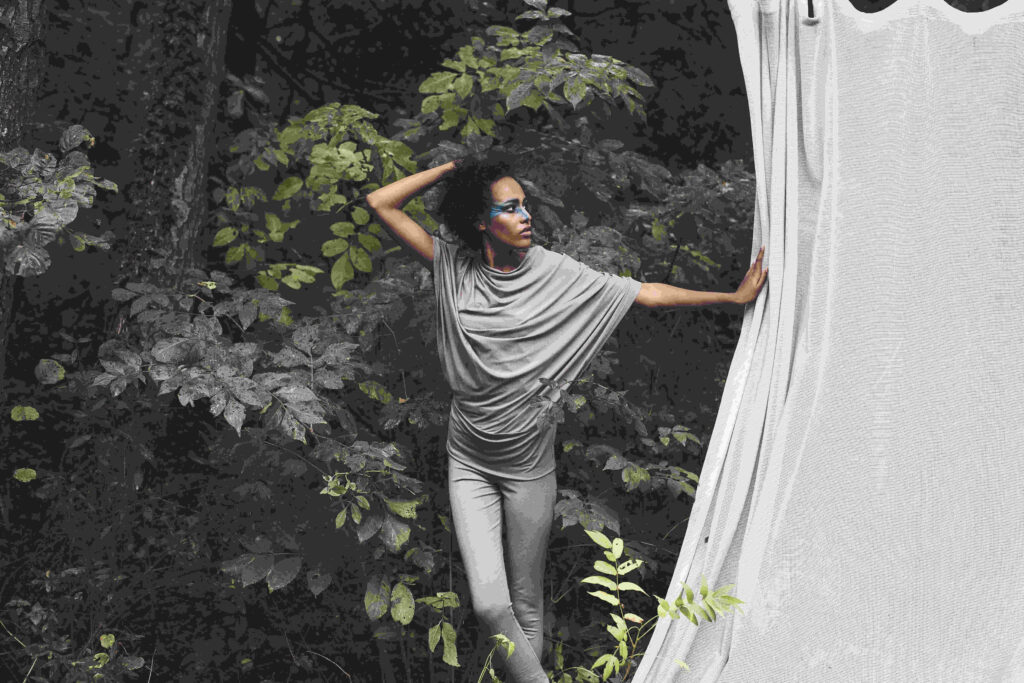
Japanese Forest Collection © Marija M. Kanižaj
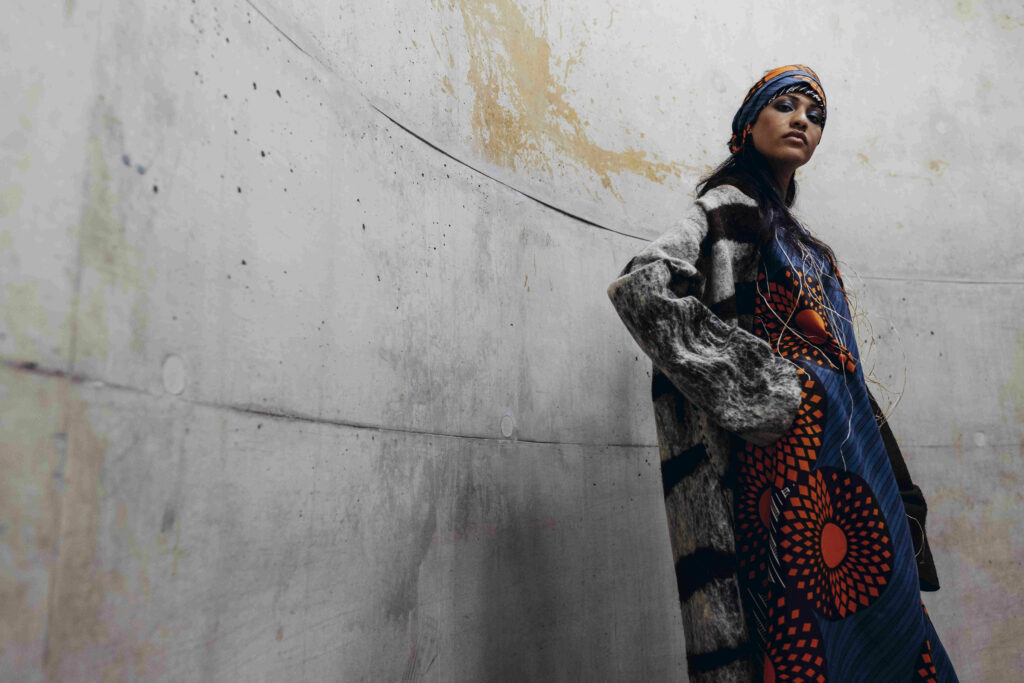
Austria Rwanda Fashion Connect © Marija M. Kanižaj
Mass production has revolutionized the fashion industry - but not always for the best. While it has made clothing affordable for many and made it more accessible, it has also meant that we consume more and more without really thinking about the origin and impact of these products. ODROWĄŻ counters this development with a clear vision: Fashion should not only clothe the body, but also initiate a conscious dialog about consumption and sustainability. Bettina Reichl calls for fashion to be seen as a valuable commodity that transcends the fast pace and the trend cycle.
Fashion as a cultural narrative: from fabric art to identity
At ODROWĄŻ, fashion becomes an art project that not only inspires aesthetically, but also reflects cultural diversity. Each collection is a creative experiment that interprets natural materials and traditional craftsmanship in unexpected ways. There is a dialog between the materials and history, which the wearer continues in her individual movement. The result is fashion that is thought-provoking and at the same time addresses the meaning of clothing in a cultural context. ODROWĄŻ thus questions the current globalization of taste and advocates a fashion that celebrates the diversity and different cultural roots of our society.
Form follows freedom
With ODROWĄŻ, the fabric becomes a creative playground where intuition and freedom dictate the shapes. Rather than working rigidly to a predetermined design, the fabric is cut freely and intuitively to discover new, often unexplored shapes. This results in unique, handmade garments that are in constant dialog with the wearer and develop a poetic dynamic with their movement.
Fashion is understood here as a dynamic process that is constantly changing and reacts to the personality of the wearer. Each item of clothing tells its own story and gives room for interpretation - a connection between design and wearer that goes beyond mere wearing.
"Out of Garbage"
With the "Out of Garbage" project, ODROWĄŻ shows that fashion can be different: sustainable, respectful and mindful in its use of resources. Inspired by the Japanese zero-waste philosophy "Mottainai", which emphasizes the value of things and the avoidance of waste, a clear counterpoint to the throwaway society and fast fashion is set here. Every item of clothing from ODROWĄŻ helps to respect the natural cycle and reminds us to be more careful with materials. In a world that is often characterized by the fast pace of consumption, ODROWĄŻ calls for fashion to be seen as a valuable resource - a call for a circular economy and resource conservation.
Mastering the triple transition
The creative industries and implementations such as ODROWĄŻ are crucial for managing the so-called triple transition: the transition to ecological, social and economic sustainability. These projects show that fashion is not only an expression of aesthetics and individuality, but can also serve as a driving force for a sustainable world.
ODROWĄŻ stands for a creative reflection on the effects of consumer society and the value of natural cycles. This approach is not only a step towards more environmentally friendly fashion, but also a call for social responsibility. By consciously creating limited collections and promoting fair production, ODROWĄŻ is actively contributing to the Triple Transition and sending a strong signal for a sustainable future.